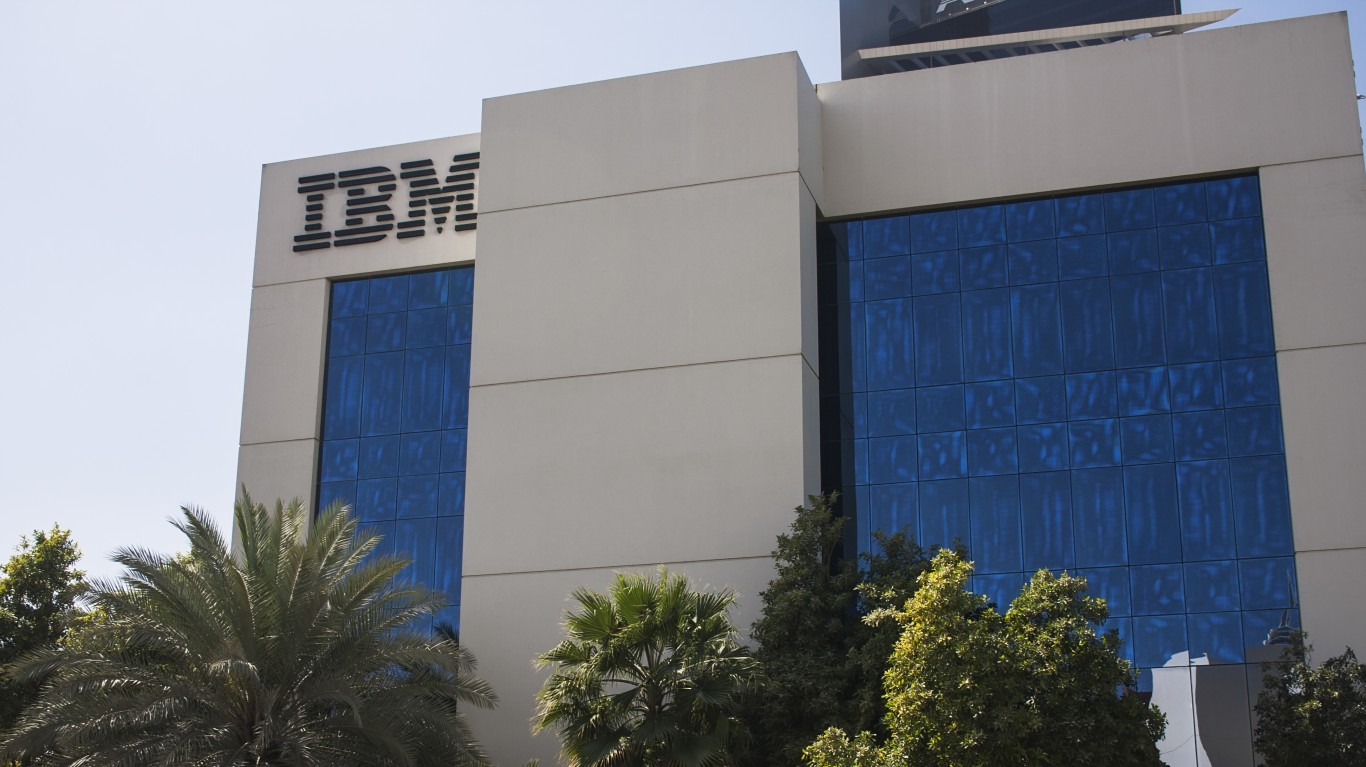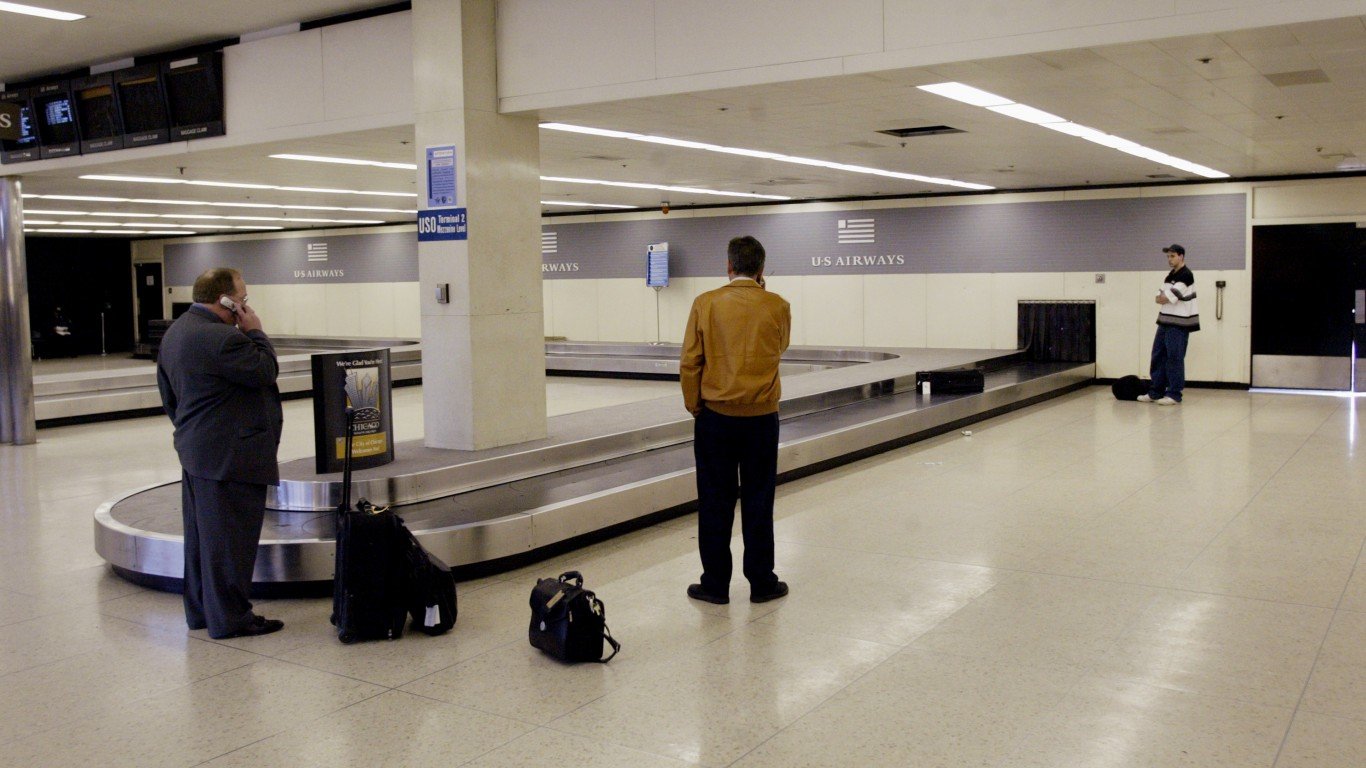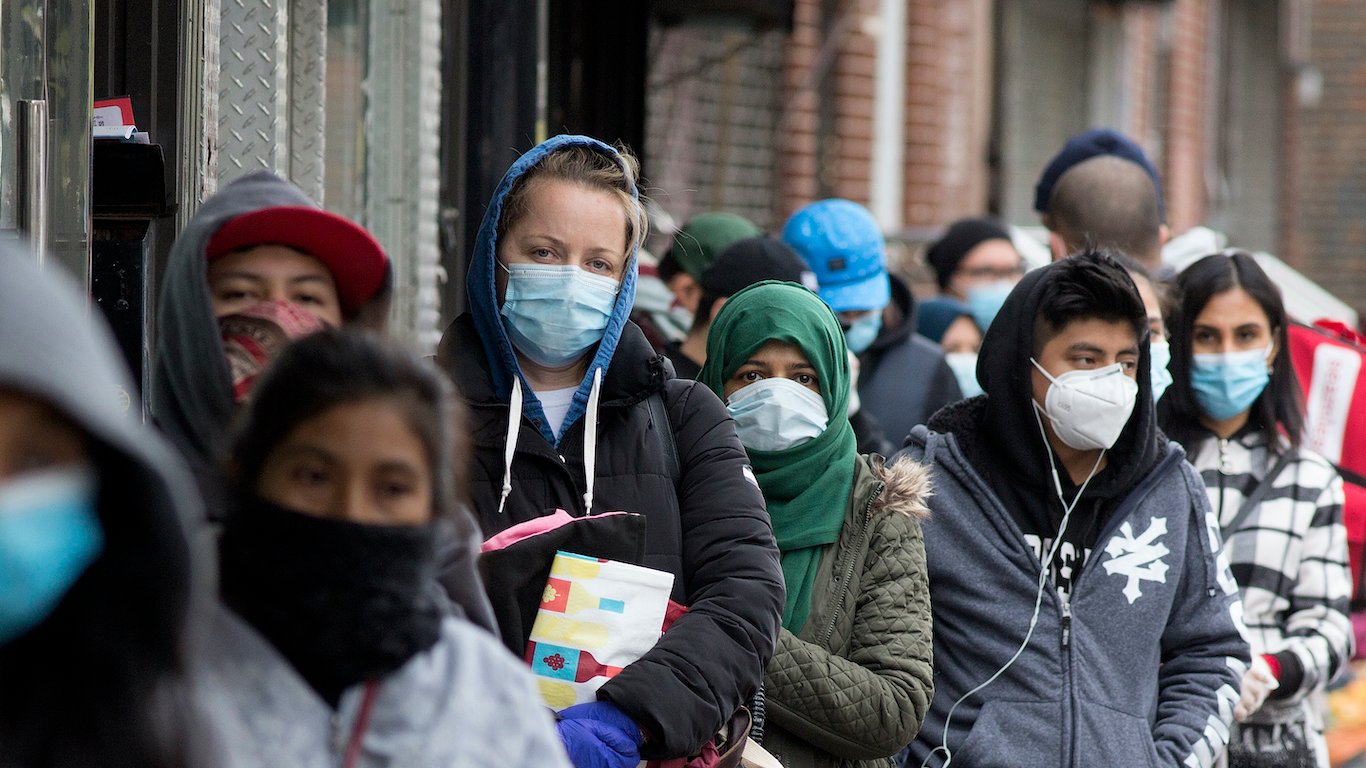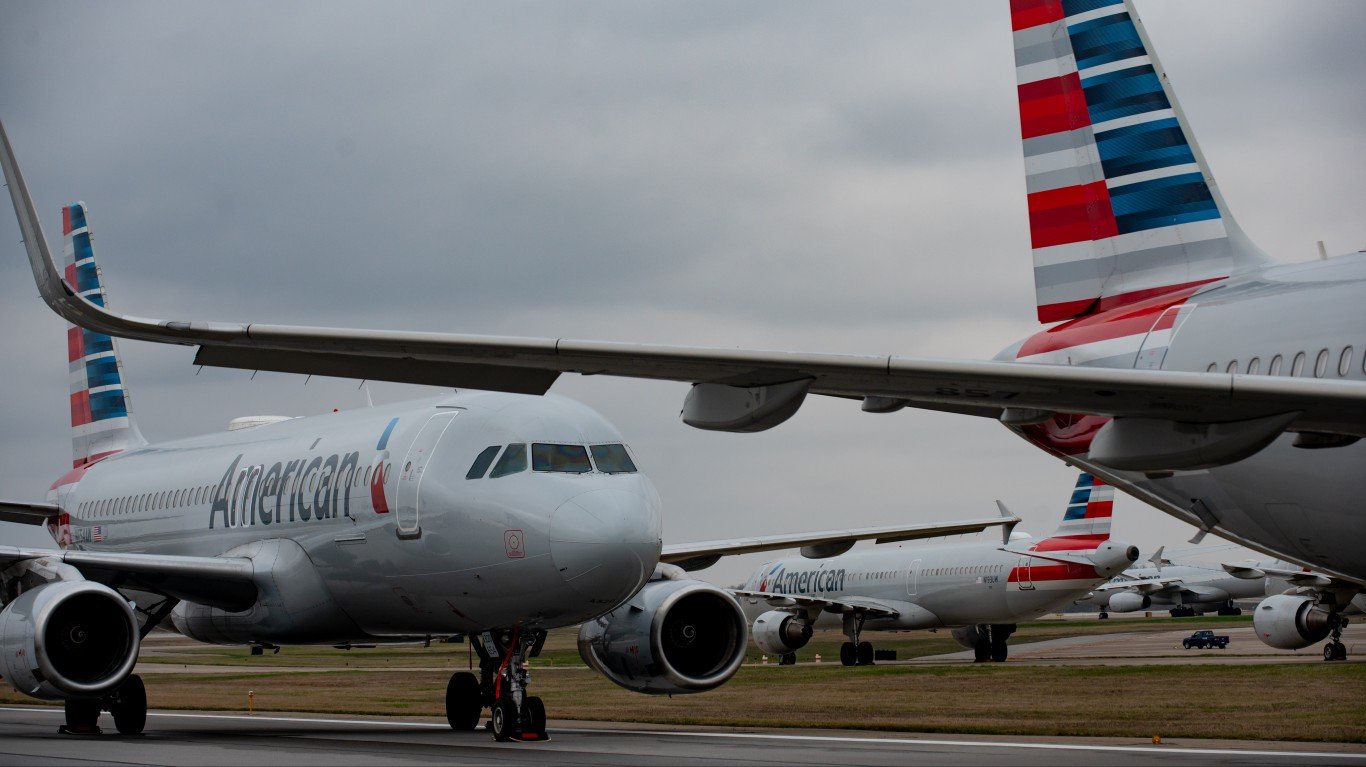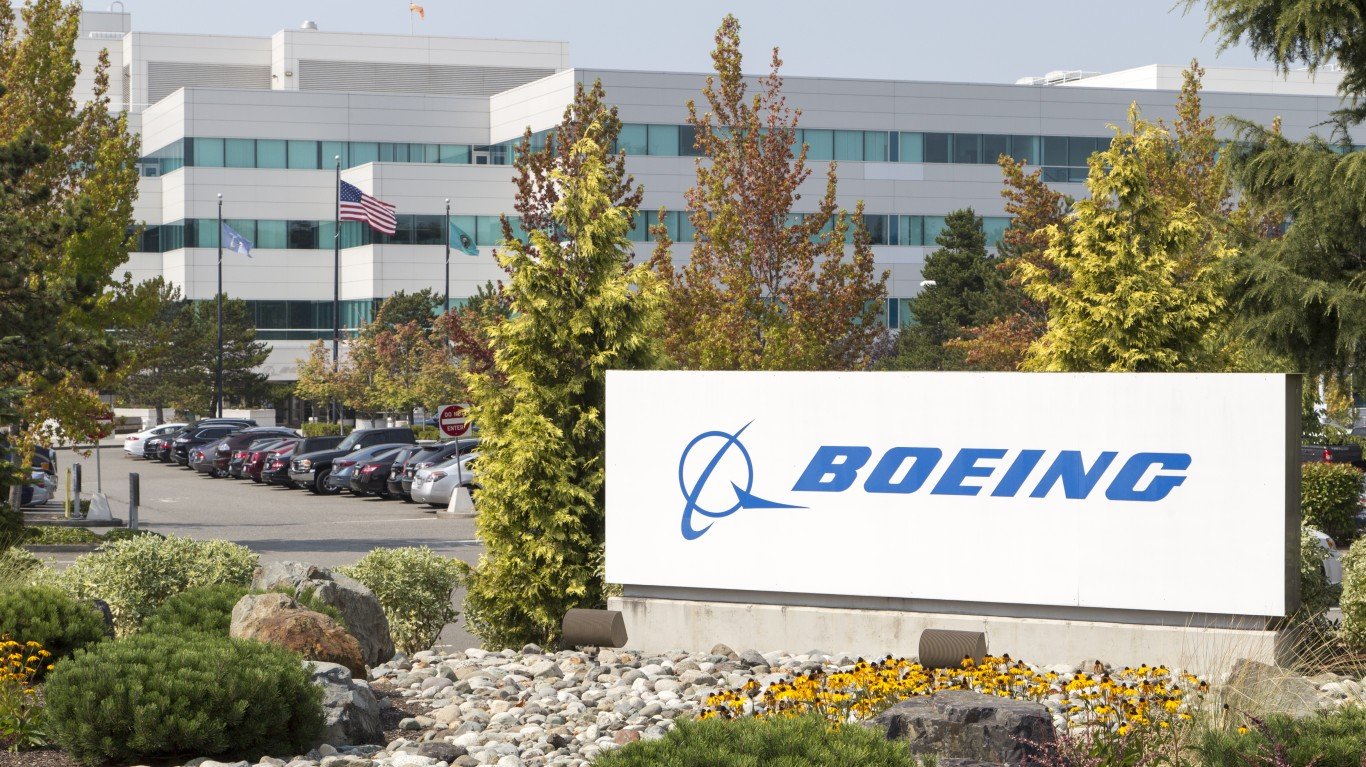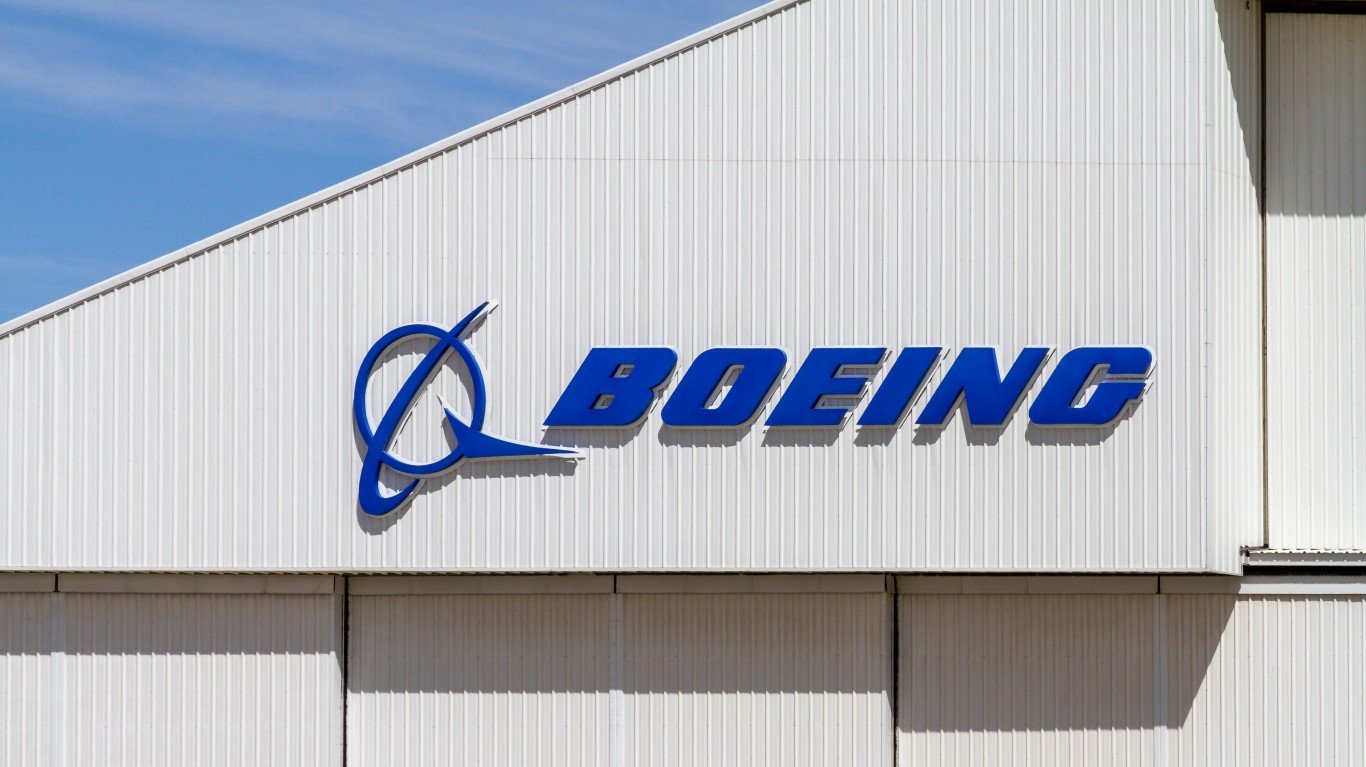layoffs
Robert Iger, former Disney chief executive and current executive board chair, made $21.0 million for 2020, as the company fired and furloughed thousands, mostly at its theme parks.
Published:
IBM has revealed plans to cut around 10,000 jobs in its European operations. The cuts are expected to fall heavily on the services business that Big Blue plans to spin off next year.
Published:
Some airlines and Disney theme parks have announced thousands of layoffs. Other airlines, theme parks and hotels are likely to follow suit.
Published:
Layoffs in the travel and entertainment industry could upend the economic recovery. The process already has begun and is certain to spread.
Published:
Harvard University's endowment value of nearly $42 billion apparently is not enough to make certain all Harvard's employees stay in place.
Published:
For some reason, a comeback for nearly every business with doors, seats, tables and rooms was in the offing. Layoffs at Disney theme parks have put a flame to that.
Published:
Announced job cuts for the first eight months of this year surpass 2019's 12-month total for last year. Roughly 1.1 million of the cuts are related to the COVID-19 pandemic.
Published:
Weekly jobless claims remain high, a sign the companies are cutting workers even as the headlines tout recovery. The layoff economy has returned with a vengeance.
Published:
Coca-Cola has announced that it will offer 4,000 North American employees a voluntary layoff, and the company expects to offer a similar program globally as it reorganizes.
Published:
If the other large U.S. carriers cut their workforces in line with American Airlines, the nationwide number easily could top 100,000.
Published:
Boeing is reportedly extending its voluntary layoff plan, first announced in April. The company said then that it planned to layoff about 16,000 employees.
Published:
New research shows that layoffs announce by U.S.-based employers in July rose sharply both year over year and from June.
Published:
Boeing missed second-quarter estimates on both the top and bottom lines, but new production cuts and a likely layoff gave shares a lift in Wednesday's premarket session.
Published:
Schlumberger finds itself in deep trouble financially, but only partially. As part of the solution, it has done what many huge companies have.
Published:
The equity markets will start to fall as parts of the economy shut down again and it becomes clear that as many as 15 million lost jobs cannot be replaced.
Published:

